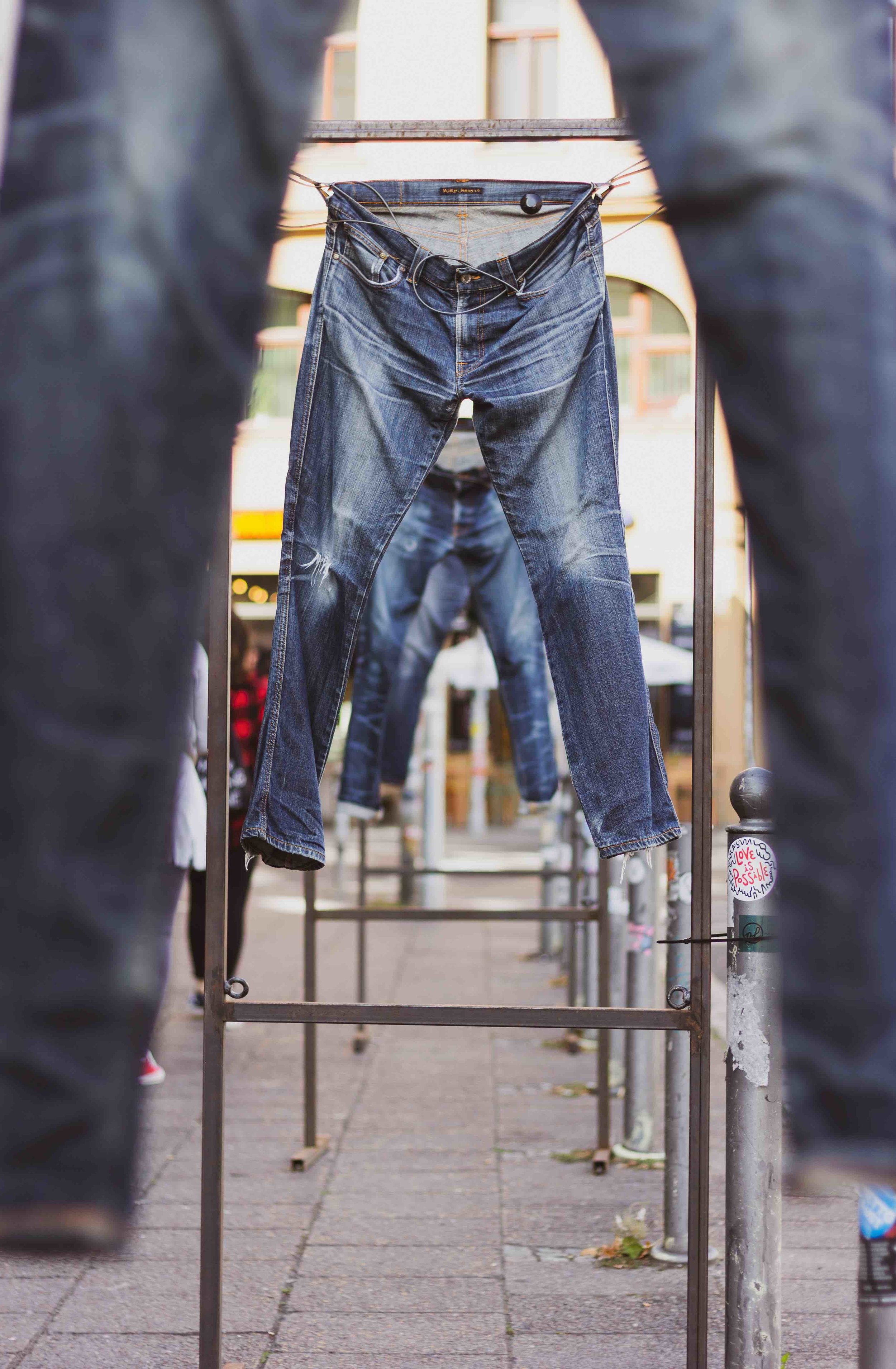In support of radical systems change
“The response of the fashion sector to the intensifying ecological crisis has been – and continues to be – over-simplified, fragmented and obstructed by the growth logic of capitalist business mode. “ Picture: Kevin Grieve, Unsplash.
On the first January this year, the Union of Concerned Researchers in Fashion - brainchild of Kate Fletcher PhD, Research Professor at the Centre for Sustainable Fashion; Lynda Grose, Chair of the Fashion Design program at California College of the Arts in San Francisco; Timo Rissanen PhD, educator, scholar, designer and artist; and Mathilda Tham PhD - launched a unique manifesto. In it, the fashion activists for a fundamental disruption in the way scientific and technical knowledge is used to reinforce the patently destructive status quo. You want system change? This is what it looks like. Here is the manifesto in full.
“Planetary systems are under threat. Fashion and clothing products and activities contribute to the destruction of these systems. They also contribute to the increasing disconnection between humans and Earth.
We, the Union of Concerned Researchers in Fashion, recognise that the response of the fashion sector to the intensifying ecological crisis has been – and continues to be – over-simplified, fragmented and obstructed by the growth logic of capitalist business models as they are currently realized and practiced. Further we recognize that uncritical research findings, duplication of research, reduction and misuse of scientific and technical knowledge reinforces and speeds up this over-simplified condition in the fashion industry.
It is our view that concerned fashion and clothing researchers can no longer remain uninvolved or complacent and that as researchers, we need to conduct ourselves in new ways. We call on fashion researchers to unite for concerted action and leadership over the use of scientific and artistic knowledge that is more relevant to and commensurate with the multiple crises we face. For us this action requires both that something fundamental is disrupted and something significantly different is offered. We are committed to examining and accelerating the uptake of diverse ‘other ways’ in the fashion sector.
‘We are committed to examining and accelerating the uptake of diverse ‘other ways’ in the fashion sector.’ Picture: Unsplash.
The Union of Concerned Researchers proposes to:
Create an ‘activist knowledge ecology’, that is, to develop a system of knowledge about fashion sustainability that is concerned with how knowledge is organised and shared as well as the data points themselves, and to direct such a system purposefully towards fostering change;
Advocate for whole systems and paradigm change, beyond current norms and business-as-usual. This includes rejecting overly-cautious economic, legislative and policy frameworks;
Diversify the voices within fashion and sustainability discourse, to reflect multiple perspectives beyond the dominant business approaches presented, including but not limited to the global south and indigenous communities;
Express our determined opposition to ill-advised and destructive fashion projects;
Formulate visions—and corresponding research practices—that allow for the possibility of enacting new relationships between humans and Earth in the context of fashion;
Take a leadership role in debating existing and new ideas and creating action around fashion-sustainability themes, especially in areas where the generation of new knowledge is of actual or potential significance;
Devise means for turning research applications towards the underlying root causes of pressing environmental and social problems, including but not limited to climate change, wealth inequality, biodiversity loss, and plastic pollution;
Organise, when determined desirable and feasible, fashion researchers to translate radical step change into effective political, and other, action;
Review and revise, when deemed necessary, this manifesto.
Sign the manifesto here.

